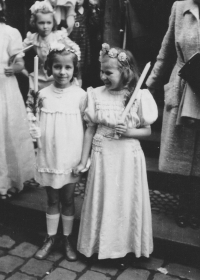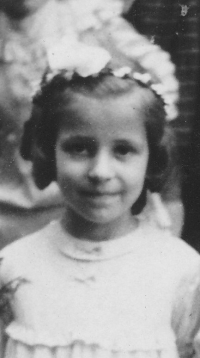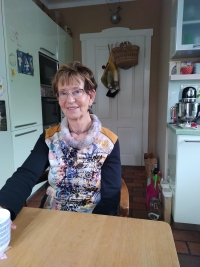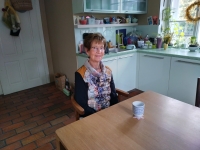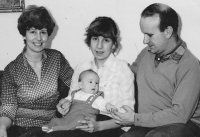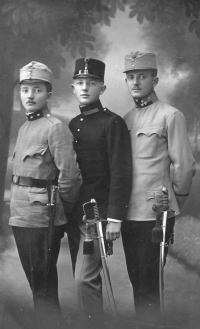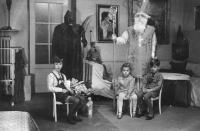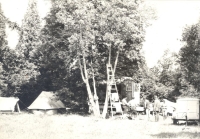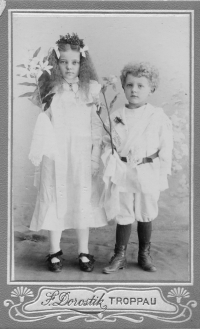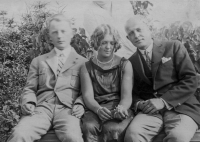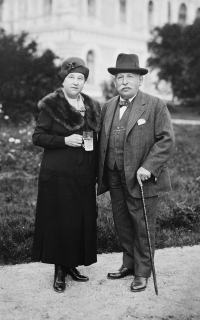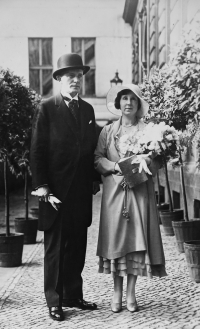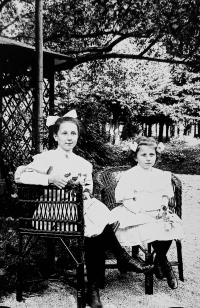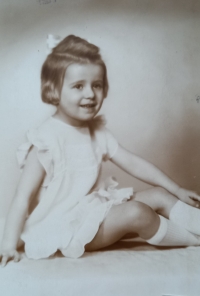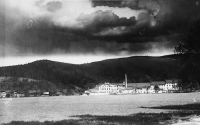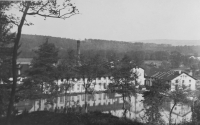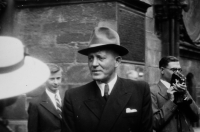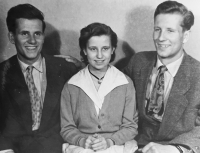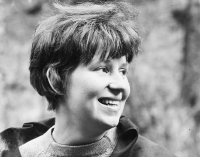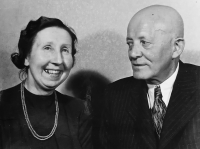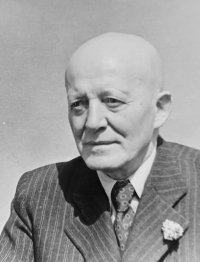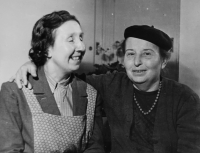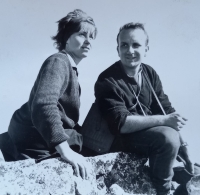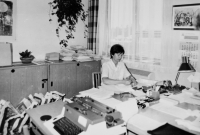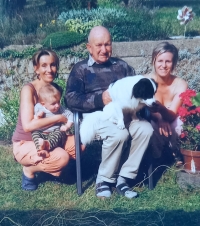I myself was forbidden many things, so at least I supported my husband
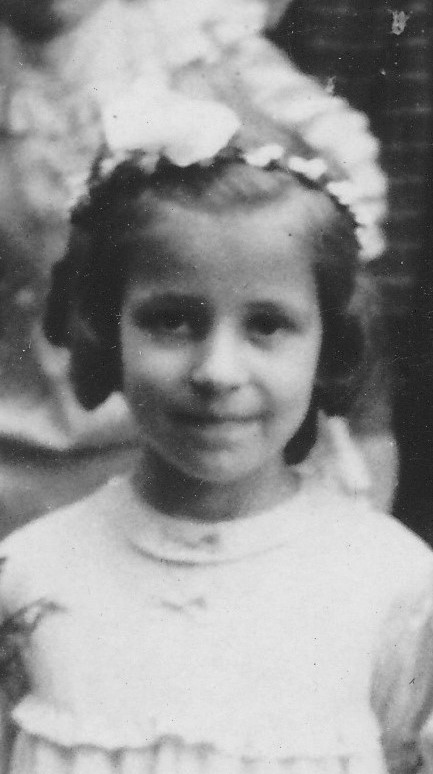
Download image
Radana Květová was born on 3 February 1940 in Prague as the third child of Josefina and Jaromír Fürst. The Fürsts used to belong to the honorarium of the First Republic: the family owned a paper mill in Lochovice, and Radana’s uncle Ladislav Fürst married the daughter of a prominent national economist Karel Engliš Věra. Her father’s sister married the politician Josef David. After 1948, the family lost property and social status and lived in material poverty. In 1949, Radana’s father got arrested without any reason or trial. The family found themselves without funds, and it was only after three months that they learned that he was being held in a correctional labor camp in Svatý Jan pod Skalou. They released the father from forced labor after a year. Bohumil Hrabal used to work in the yard of the house where Radana spent her childhood. After graduating from the Higher School of Economics in Resslová Street in 1958, Radana got assigned to the accounting department of the Barrandov film studios, where she worked with a short break until the mid-1960s. Unlike her husband, Jan Květ Jr., she could not study at university or devote herself to any higher or more exposed career, so she worked in administrative positions. She and her husband participated in the revolutionary events in Třebon in 1989.
